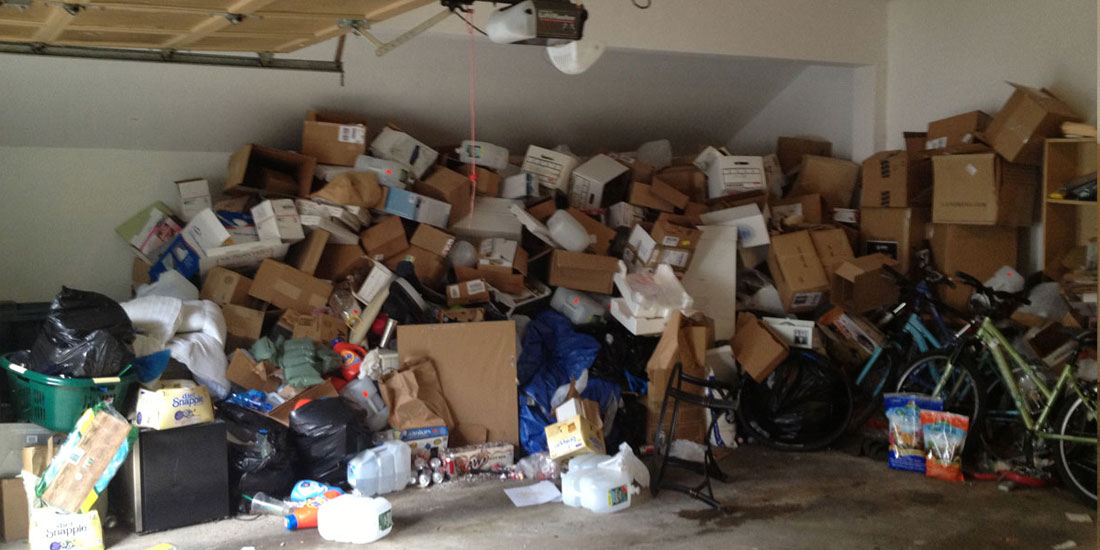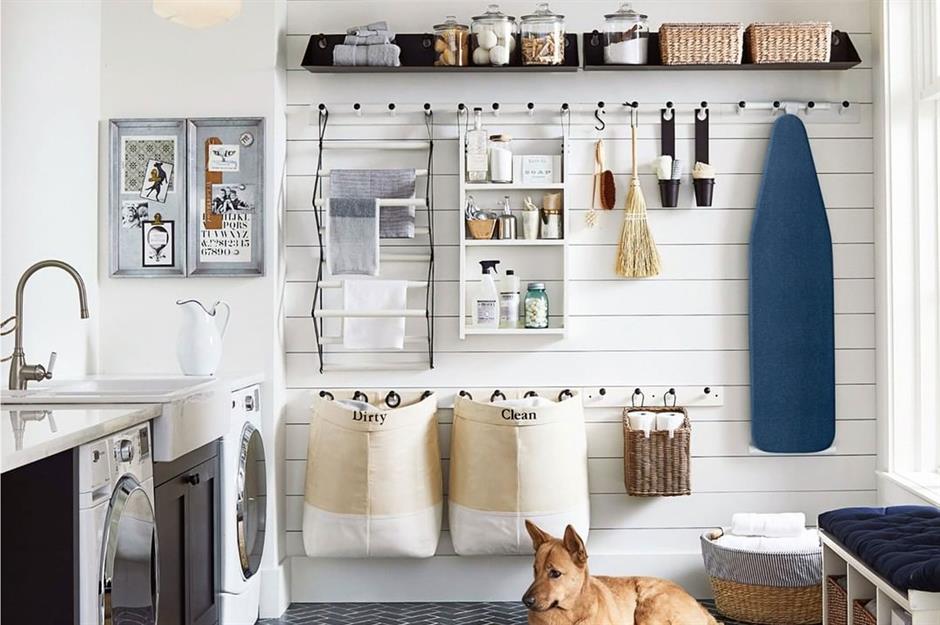Hoarding is more than living in a messy house; it’s a psychological condition that makes it hard for a person to get rid of anything. If you have a family member or close friend with hoarding tendencies, knowing where to start can be challenging if you want to help them clean up their living space.
While it might seem simple to call for hoarder cleanout services in New Jersey, it’s also important to understand the steps that need to be followed to care for your loved one. It can be a difficult experience to go through this cleanup process. The circumstances must be handled with care, especially because the person’s mental health is affected by this change in their living environment.
It’s important to remember that hoarding is a mental disorder with compulsive tendencies. Many hoarders feel a lot of stress and anxiety about their things. Often, their homes become filled in excess with various items, depending on what the person is fixated on. Not only does hoarding create a stressful living environment, but it often limits movement through the home and can even cause concerns for personal safety.
Hoarding has many negative effects on the individual, as well as the impact this disorder can have on family tension and challenges. Eventually, hoarders often become prisoners in their own homes and tend to become more isolated over time.
Consider these important tips to help your loved one clear out the clutter. Family members can be helpful in this process, and you can also hire professional hoarder cleanout services in New Jersey.
1.) Show Empathy, Not Judgment
From an outside perspective, hoarding disorders can seem extreme and unappealing. It can be easy to slip into a place of judgment about the person and how they live. If you don’t have hoarding tendencies, it can be hard to understand the specific items people hoard.
But instead of criticizing and judging your loved one, the best thing you can do is approach the situation with empathy and compassion. Remember that hoarding is a mental illness. The challenge of hoarding reveals the real problem: the physical symptoms of clutter in the house are symptoms of the mental difficulties the person is facing.
It will be hard for the individual to let go of the things they are hoarding. Through this process, they will need a lot of compassion and love to help them feel safe, calm, and loved amidst their challenges. At the same time, it can be helpful to seek professional support, such as appointments with a therapist who specializes in hoarding disorders or attendance with hoarding support groups.
2.) Create a Plan
It’s important to put together a plan before family members arrive at the house to help declutter. Often, there are many items that will need to be sorted, organized, donated, or thrown away. Everyone can feel a bit overwhelmed and need help figuring out where to start. Even if you hire a hoarder cleanout service, you still need to know the general approach so the pros know what to take and what to leave behind.
For example, renting a dumpster can be a significant preparatory step because it gives you a large container where you can dispose of the items being moved out of the house.
Consider setting up a system for disposal, donations, and items that can be sold. The items going to the junkyard can go straight into the dumpster. Items being donated can be piled in the garage so they are ready to be hauled away. Then, choose a specific room or location in the house where you will place valuable items that can be sold.
A general plan gives everyone a vision of what you are trying to accomplish so that helpers can take initiative in their activities. Move through one room at a time to break it down into smaller pieces.
3.) Determine the Criteria for Getting Rid of Items
People with hoarding tendencies have a hard time getting rid of anything. But you can facilitate this process by putting together criteria for determining whether items should be kept, donated, sold, or trashed.
If you hire a professional, then they will help you create these criteria. For example, hoarder cleanout companies offer a wide range of services, including cleaning and organizing the home and hauling away unwanted items.
Criteria might include:
- Get rid of duplicates
- Have a clear reason WHY you want to keep an item
- Touch every item once
- Determine how often the item is used
- Evaluate the cost of the item
People with hoarding disorder might find it easier to get rid of things when they have specific guidelines to follow in the decision-making process.
4.) Focus on One Thing at a Time
Talk to a mental health professional, and they will likely tell you to “pick your battles.” Instead of trying to handle the entire home at once, it might make sense to break it down into bite-size pieces. For example, you might start by helping the hoarder clean out the garage or basement storage. Then, move on to other rooms and areas in the house, one step at a time.
Start with the areas that pose the biggest threats, such as fire hazards or clutter affecting overall living conditions. If you focus on one area at a time, it might make sense to hire a New Jersey hoarder cleanout service for multiple days.
Even though the hoarder will likely experience stress, they might feel a bit of relief as you clean and organize various parts of the home.
5.) Work With a Professional Junk Removal Company
There is much work required to remedy a hoarding situation. Many families don’t have the time or resources to handle everything on their own. Not only are you dealing with the person’s emotional attachment and mental health challenges, but you also need to have trucks, trailers, manpower, and other equipment to haul items out of the home.
When you need hoarder cleanout services in New Jersey, Junk-A-Haulics is the team to call. We offer full-service solutions to simplify your process. Contact us at your convenience to learn more about the ways we can help.

